Abilene Hunger Coalition: Summer Meals Program
The Abilene Hunger Coalition began in January 2018 and has done big things to address summer hunger in the last two years. Their endeavors began in May 2018 when they were approached by United Way with the task of creating a summer meals program to fill the 3-week gap at the end of summer after the Abilene Independent School District (AISD) summer meals program ends. In fact, around 21.1% or 7680 children are food insecure in Abilene, about 70% of students
at AISD are eligible for free and reduced lunch, and during the summer the AISD National Summer Feeding Program feeds around 1000 students a day and spans 20- 25 sites across the city. Despite the tight window to implement, Becky Almanza, Chairman for Abilene Hunger Coalition and Highland Food Pantry & Community Care Coordinator, saw this as an opportunity to use the resources at her disposal to meet a need in the community. In just two months, the coalition was able to establish 3 sites for the program utilizing resources from the Highland Church, the University from which she was finishing her master’s program, and other organizations in the city. From this, they were able to provide 1165 meals to both children and families.
With this initial win under their belt, the coalition wanted to expand the reach of the 3-week program even more the following summer, as it remained a huge gap in services for those children and families in need. Specifically focus was placed on increasing manpower, sites, and partnerships. Between January and May 2019, Almanza led efforts to begin recruiting various organizations to host meals sites. Firstly, they decided to ask organizations already serving meals at their locations for those in need on a regular basis to agree to become sites for the summer meals program. This idea proved fruitful as it led to many groups agreeing to host sites for the coming summer. Next, the coalition wanted to focus on areas of the city that have been found to be most at need, including 3 zip code areas determined under-served and where a meals program could be most successful. This meant strategically reaching out to places and organizations located in this area, and eventually securing more sites.
Lastly, they approached AISD to ask if the coalition’s program could continue using the sites AISD was using for their own summer meals program. This added another 2 sites, including a library, to the 3-week program. In total, the 2019 Summer Meals Program was able to span 14 different locations throughout the city.
Now that the coalition had sites, they needed volunteers and funds. While there was support from inside the coalition, Almanza was also able to secure 2 AmeriCorps VISTA members to help implement the program through a partnering non-profit Equal Heart. In addition, the coalition worked with different organizations to recruit volunteers. Luckily, some sites were able to provide their own volunteers, while the rest of the volunteers came from groups like civic clubs and faith-based organizations. The coalition also utilized an online platform for volunteers to sign up for different time slots, and would present different organizations their own link with specified time slots.
Because this was a self-funded project and was not a USDA sponsored program, the summer meals program relied on private funding to implement the program. Most of this money came from faith-based groups like the Highland Church, civic clubs like Kiwanis club, and other anonymous donors who had the option to financially “sponsor” specific sites.In all, the Abilene Coalition was able to serve 4018 meals, including 1685 adult meals and 2333 child meals. This was more than double the amount they served in 2018, and they are looking to expand even more in the future. From evaluating sites through observation and through a survey given to parents to complete at the site, the coalition can make suggestions for future improvement. An example of a focus for their program next year is looking at getting the word out sooner, while focusing on advertising to the neighborhoods in most need and through established channels like the school district. Read more about the Program here: Summer Meals Presentation
Author: Brooke Dal Santo
11/18/2019
